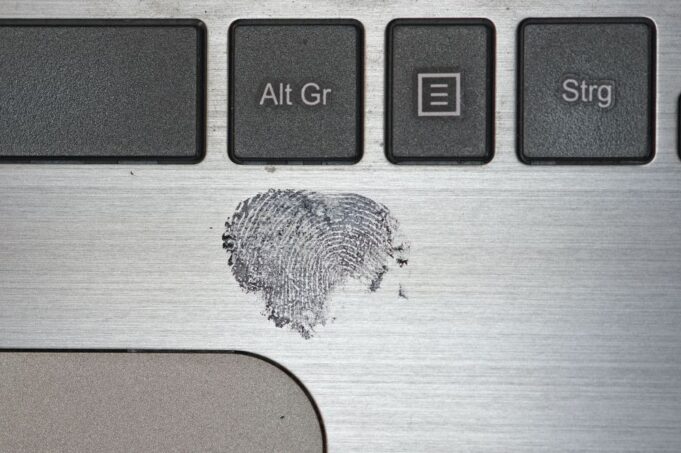Data trails are always being left behind in the modern digital environment. Every time we go online, our activities, from what we browse to what we purchase and how we engage on social media, generate a trail of information.
The little things you post online might not seem important, but here’s the catch: those “harmless” clues can be put together like a puzzle to reveal more about you. In the end, this means that everyone can read about your private life.
It would help if you protected your identity online for this reason This article will have additional reasons why you should worry about keeping your online activity private:
Identity theft
Identity theft happens when someone, whether an individual or a group of criminals, steals and misuses your personal information. Here are the multifaceted facets of identity theft:
Types of Identity Theft

Identity theft comes in various forms, including:
- Financial Identity: The common situation is when bad people use your info to buy stuff without asking you. This might include getting loans, opening credit cards, or taking all the money from your bank account.
- Criminal Identity Theft: Criminals sometimes give your name when they get caught or accused of a crime, and this could result in a record being created in your name.
- Social Security Identity Theft: Your Social Security number could be illicitly used to secure employment or government benefits, leading to complications with your taxes and entitlements. In some cases, it might even be exploited to acquire costly assets in locations or other properties.
Discrimination
Online discrimination is a rising problem that calls attention to the need for safeguards and appropriate data handling.
- Workplace discrimination: Employers and recruiters can use social media profiles and other internet activities to check out job applicants. This can lead to unfair hiring decisions because it can show personal details about applicants that aren’t linked to the job, like their political views, gender, or health.
- Credit and unfair financial treatment: Banks and insurance companies can use online information to figure out if someone is creditworthy and set rates. This could mean that some groups are hurt by higher insurance or loan rates based on things like how often they shop online.
Navigating Convenience and Privacy
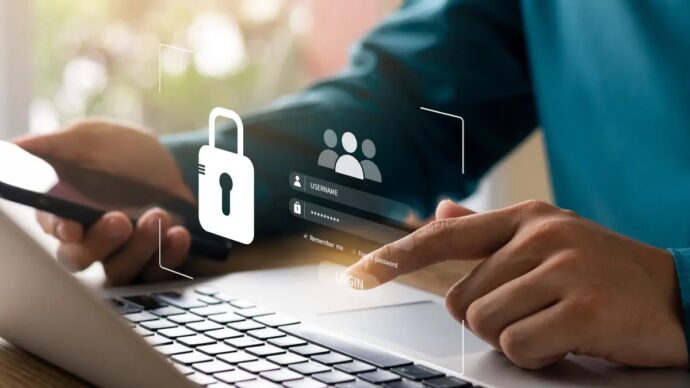
Targeted advertising, often referred to as personalized or interest-based advertising, is a marketing approach that customizes ads for particular individuals or user groups, considering their online activities, preferences, and demographic information.
Although it brings various advantages for both businesses and consumers, it simultaneously sparks significant privacy and ethical considerations.
Government Surveillance
While governments argue that such surveillance is essential for national security and law enforcement purposes, it also raises important questions about individual privacy, civil liberties, and the balance between security and personal freedoms.
- National security: Protecting the country from things like terrorism and cybercrime is the main reason for government monitoring. Governments argue that monitoring online activities can help prevent and investigate these threats.
- Civil Liberties: A large number of people, including others who value privacy, believe that extensive government monitoring violates their constitutionally protected rights to privacy, free expression, and immunity from unlawful search and seizure. The ability to speak freely and freely associate with others can be stifled by such monitoring.
- Mass Surveillance: Government surveillance can take the form of mass data collection, where extensive amounts of information are gathered without specific suspicion. This practice gives rise to legitimate concerns regarding overreach and the potential for abuse of such gathered data.
Taking Precautions to Preserve Your Privacy Online
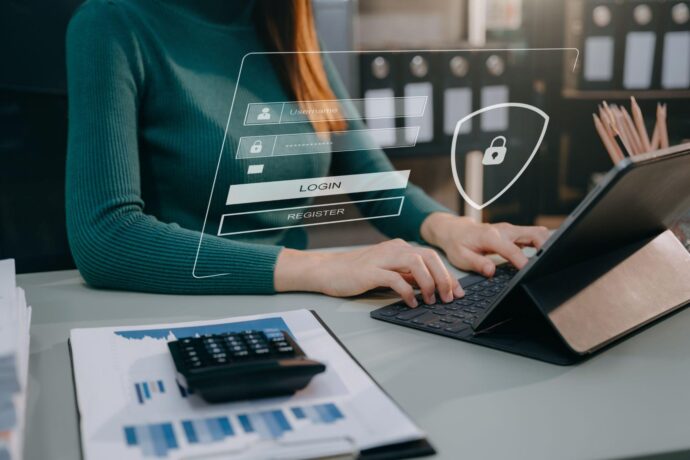
Here are 5 steps to protect your online privacy:
1. Make Use of Strong, Unique Passwords
Create complicated and different passwords for each of your online accounts to ensure their security. Don’t reuse passwords for several accounts; doing so raises the possibility that all of your accounts will be hacked if any one of them is.
2. Stay Informed and Educated
To stay informed and educated about online privacy threats and best practices, it’s essential to be proactive in educating yourself.
Before entering any personal information, especially when exploring new applications on your phone for personal or entertainment purposes, like games that involve money, take the time to ensure that the application you choose is safe and reliable. It involves conducting thorough research on the app you intend to install.
User reviews can be incredibly valuable, especially when dealing with applications such as those related to shopping or online games. These reviews offer insights into the quality and reliability of shopping apps, helping you make informed decisions for a better online shopping experience.
On the other hand, when it comes to the latter scenario, like uploading games that involve money, like casino games, turning to CasinoReviews can offer you valuable insights that aid in making informed choices, from legality information to security, withdrawals, and more.
One of the best ways to protect your privacy and avoid falling victim to internet frauds like phishing is to stay aware.
3. Control Your Social Media Settings
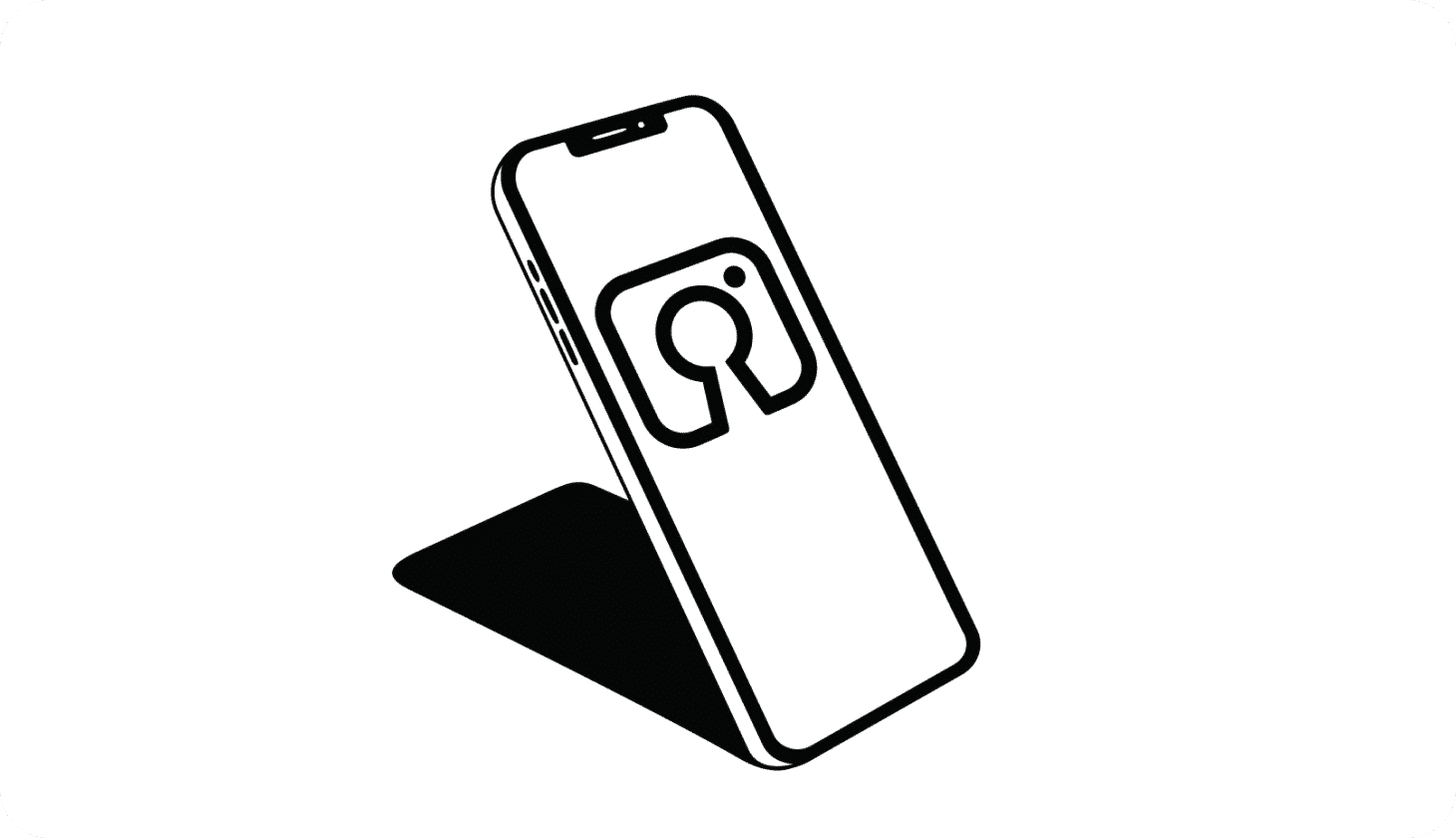
An essential step in safeguarding your online privacy involves being vigilant about your social media accounts. Familiarize yourself with the process of reporting and blocking users who engage in harassment or suspicious behavior.
These settings allow you to control who can interact with you and see your personal information and it’s a smart move to limit the amount of personal data accessible to third parties through these adjustments.
4. Delete Unused Accounts
Over time, many of us accumulate numerous online accounts for various services, apps, and websites. Some of these accounts may no longer be in use or serve any practical purpose.
Keeping these unused accounts can pose a risk to your online privacy because they represent additional points of vulnerability. If a platform or service suffers a data breach, your information on those accounts may be exposed.
5. Avoid Public Wi-Fi for Sensitive Activities
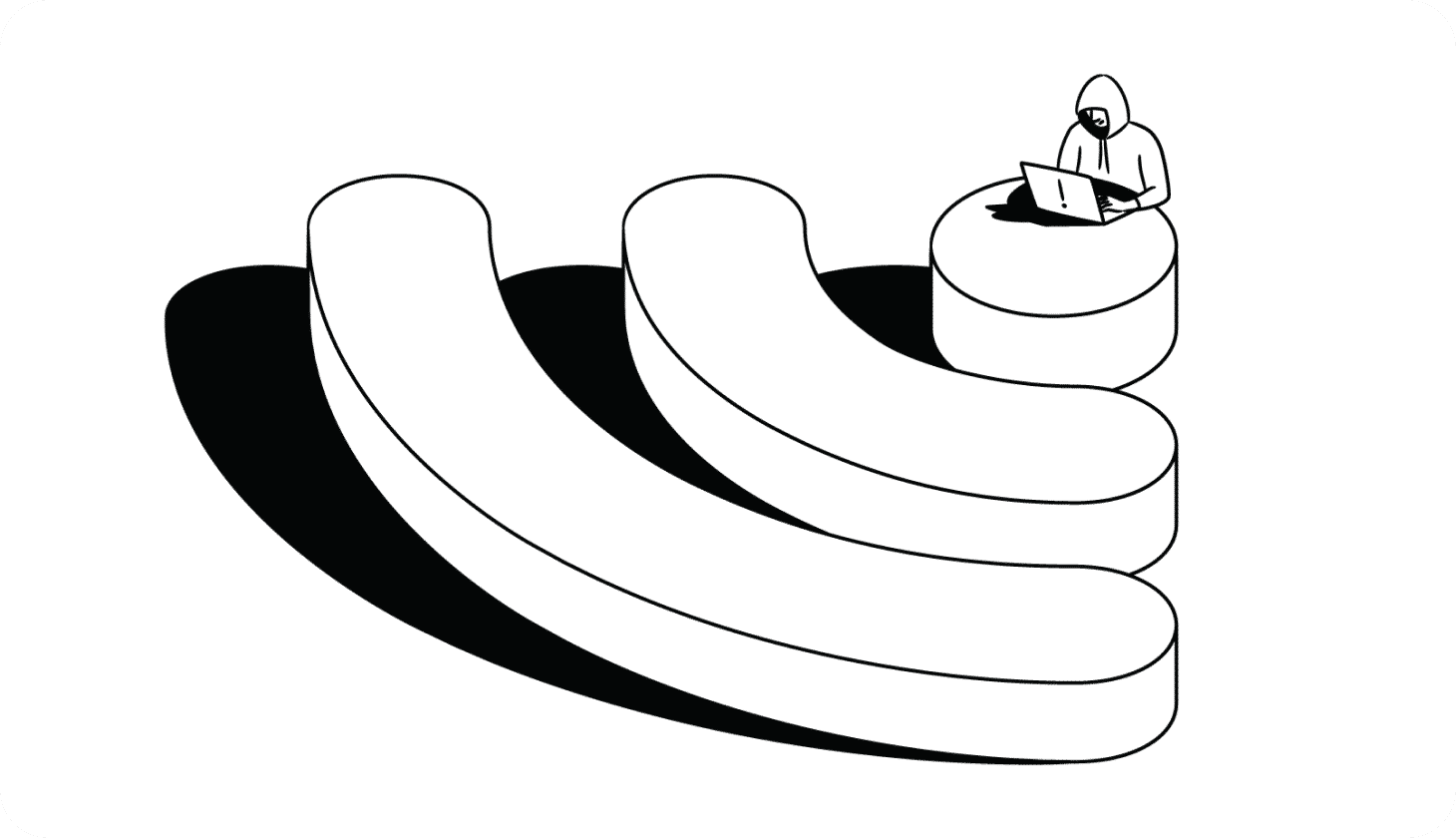
Avoid doing sensitive business over public networks like Wi-Fi. It’s not always secure to use the Wi-Fi in public areas. Using these networks makes it simpler for hackers to monitor your online behavior.
If you must use public Wi-Fi, avoid doing anything crucial like banking or signing into an account because it’s safer to hold off until you’re connected to a private network, like the one you have at home.

